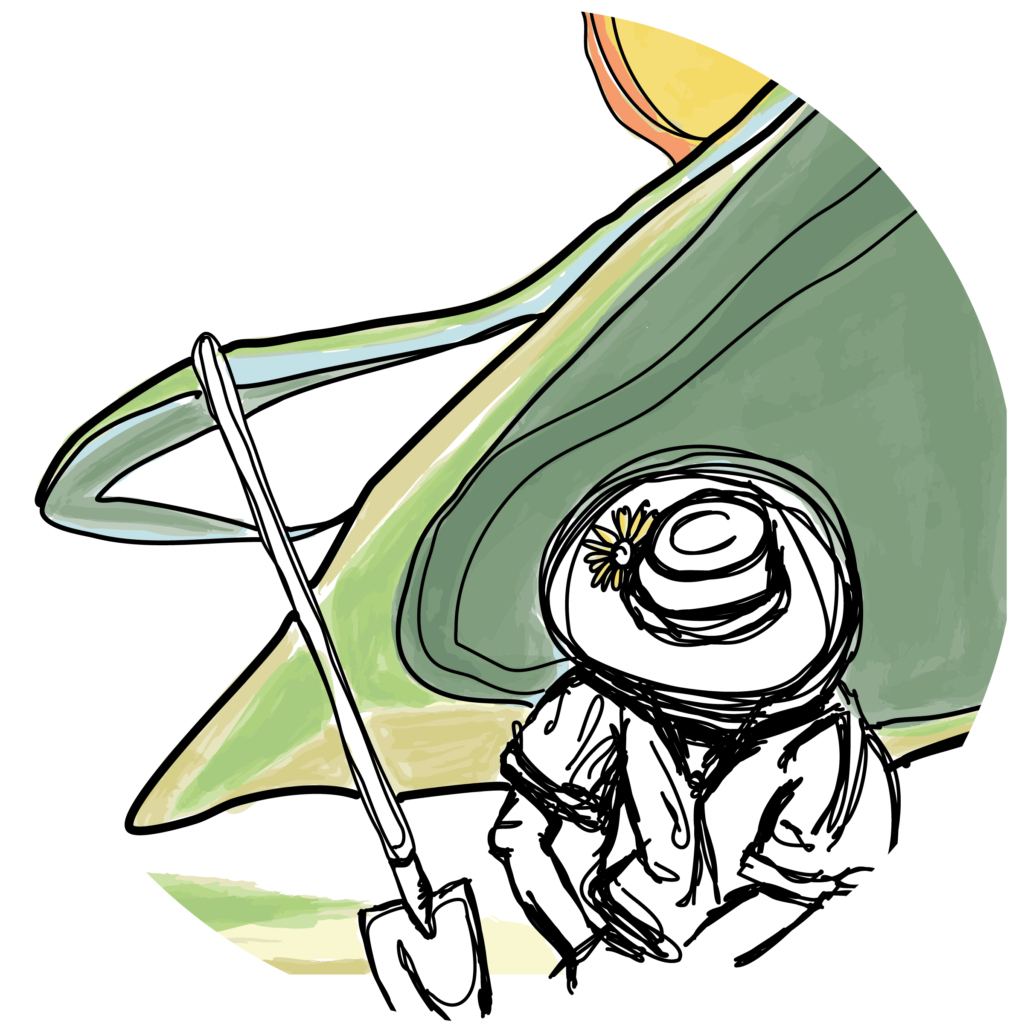A 7-Month Residential Food Systems Fellowship
2025 Fellowship Dates: April 1, 2025 – October 25, 2025
Ages: 18+. In 2023 and 2024, our age range was 22-25. We invite people of all ages to apply.
Cohort Size: 3 fellows.
Location: Paonia, Colorado
Compensation: Compensation includes rustic housing (Fellows live in canvas wall tents and use our farm house’s indoor kitchen, bathroom, and storage space), 3 farm-based meals per day, and a small stipend of $2,500.
Application Deadline: TBD – usually late January.
Notification Date: Early to mid February, 2025.
College Credit: For fellows with an undergraduate degree in progress, Groundwork offers university credit through the CU Boulder Environmental Studies program. We are in conversations with additional universities to offer credits for 2024. We are happy to work with other universities to create an arrangement for internship or independent study credits.
How can we live so that future generations might see us as good ancestors?
Young people today are inheriting a world in crisis. Societies across the globe are forgetting—or being forced to forget—what it means to live in reciprocity with the landscapes that nourish us. Today, “the good life” seems to be composed of shopping malls, traffic jams, and endless consumption. This fellowship is for people seeking an alternative. Join us to develop the skills and practices to live otherwise.
Program Overview
Our world asks us to radically reimagine ourselves and our society. It’s common knowledge that U.S. society is too destructive to our world to continue into the future, but what does the alternative look like? This fellowship offers a structured space to build a steadfast vision for a livable future. Throughout the fellowship, food serves as the lens through which we see our personal and societal relationships with the Earth. Our food systems are a web connected to all aspects of our relationships with the Earth. In our relationship with a single seed, we can see our relationship with water, fossil fuels, climate, land stewardship, histories, economics, supply chains, policy, and culture.
Each morning, fellows tend to our organic vegetable and seed farm. Mixed into the work of planting, weeding, and harvesting are opportunities to learn about food and seed systems, building a base of skills and knowledge for fellows to become changemakers with the food system. Through the week, each afternoon brings a different form of learning: Tuesdays are our local farmers market, Wednesdays are academic seminars on cultural shift and post-capitalist theory. Thursdays are “crafternoon”—a hands-on exploration of place-based lifeways. We engage our heads, hands, and hearts in the practices of remaking ourselves in relationship with the land.
Seasonal cycles set the rhythm of the fellowship as we deepen our roots in the land and build a holistic understanding of what a real, multi-generational form of sustainability might look like. In today’s world, living well and growing healthy food is an act of defiance, and Groundwork’s farm is a place where we explore what it means to take power back from the flattening forces of industrialism, consumerism, and capitalism. The farm is a place to find joy, pick fruit, weave baskets, and plan (and plant) the revolution.
For future environmental and agricultural leaders who sense that there is another way, this fellowship offers deep opportunities for growth and exploration. We want to be honest and upfront; this fellowship is challenging in many ways: physically, mentally, and socially. These seven months are characterized by a full schedule, physically demanding work, and nonstop learning. It might not be for everyone—success here requires a certain level of grit, humility, and adaptability that is uncommon from many jobs or internships. Through the process, this fellowship has been life-changing for everybody who has committed to it since it began in 2021. It’s a big commitment, and you can expect your learning and growth to be proportional to the effort you put in.
We invite those who would step forward and become visionary leaders for change in the coming years and decades to apply. Join us this year to dig deep, invest in your relationship with the Earth, and ask what it looks like to create a just and livable world for a time beyond our own.
Fellowship Highlights
- Gain the skills to become a part of your local food system. Fellows spend mornings tending our 1-acre vegetable and seed farm. We grow seeds for seed companies in our bioregion, sell vegetables at local markets, and grow a large portion of the food we eat. Engage with a community focused on local, organic food production, processing, and distribution. After the fellowship, you should expect to have both a broad and deep base of experience to be a leader in the food system.
- Experience a lifestyle grounded in and connected to the landscape of Western Colorado, where the Rocky Mountains drop off into the red rock canyons of Utah.
- Be part of a cohort engaged with the process of finding joy, purpose, meaning, and a viable livelihood.
- Experiment and live with sustainable alternatives like solar ovens, composting toilets, earthen building, and passive heating and cooling.
- Attend weekly seminars focused on the intersection of ecology, economics, culture, and place.
“Being naturalized to place means to live as if this is the land that feeds you, as if these are the streams from which you drink, that build your body and fill your spirit. To become naturalized is to know that your ancestors lie in this ground. Here you will give your gifts and meet your responsibilities. To become naturalized is to live as if your children’s future matters, to take care of the land as if our lives and the lives of all our relatives depend on it. Because they do.”
― Robin Wall Kimmerer, Braiding Sweetgrass
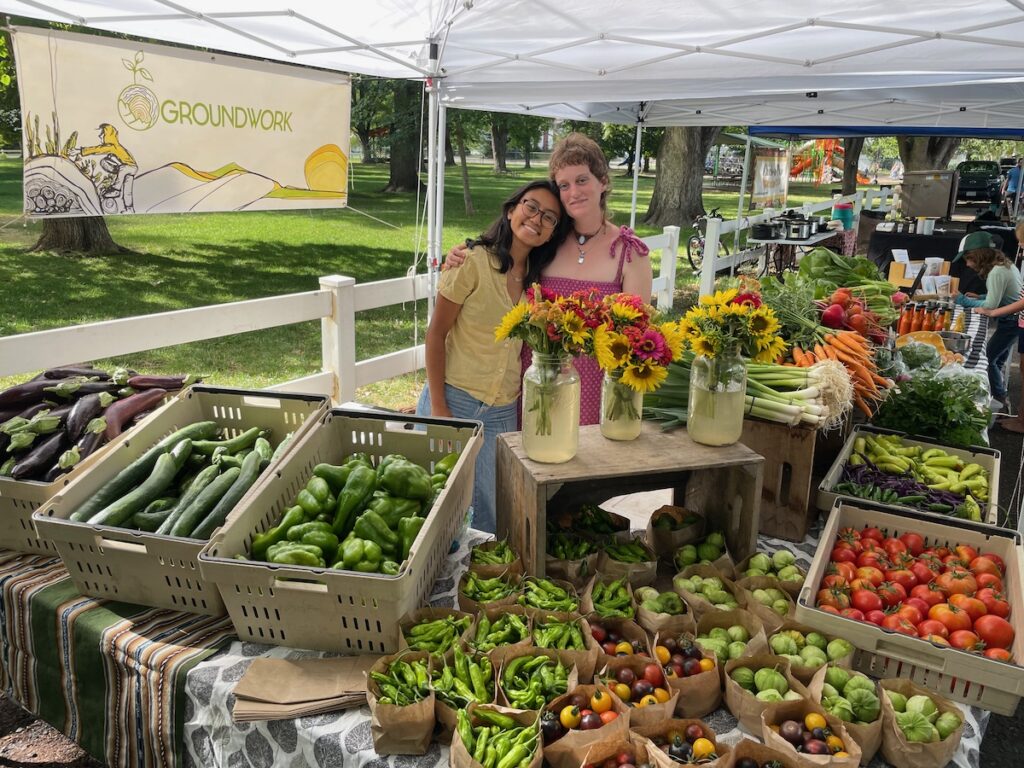
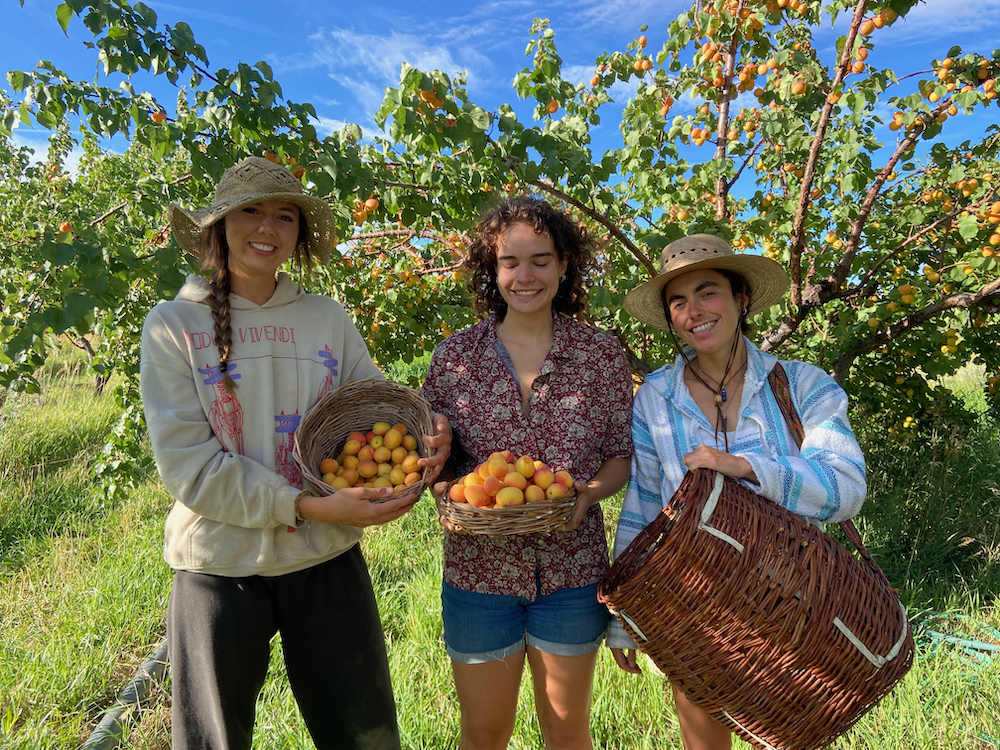
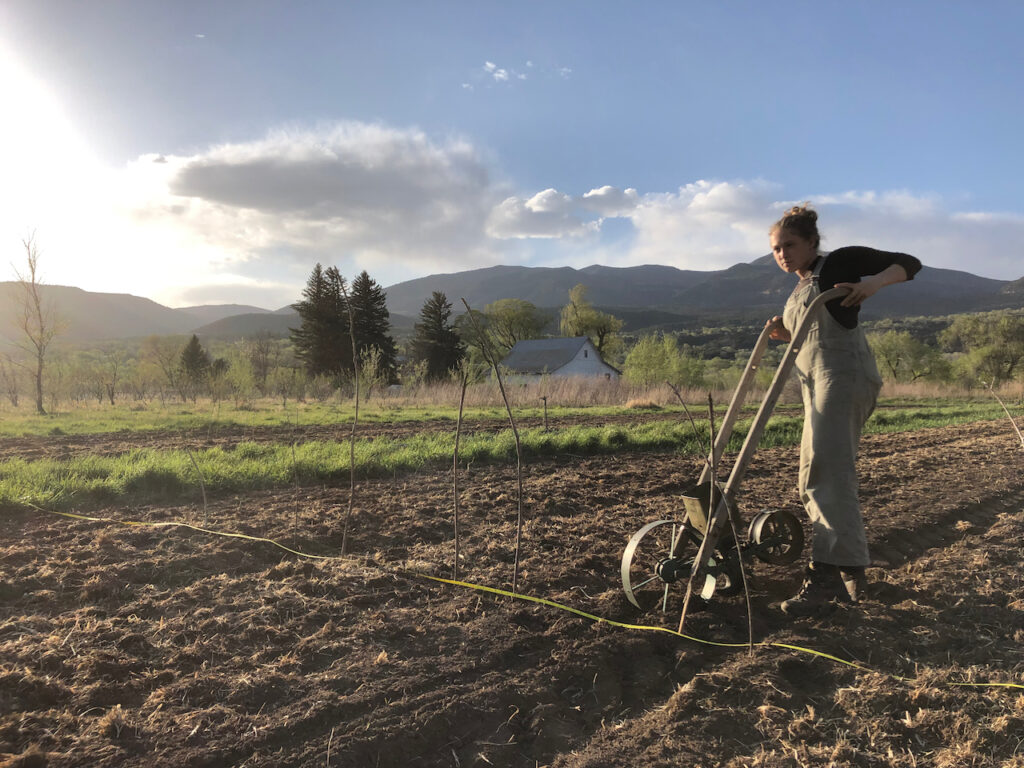
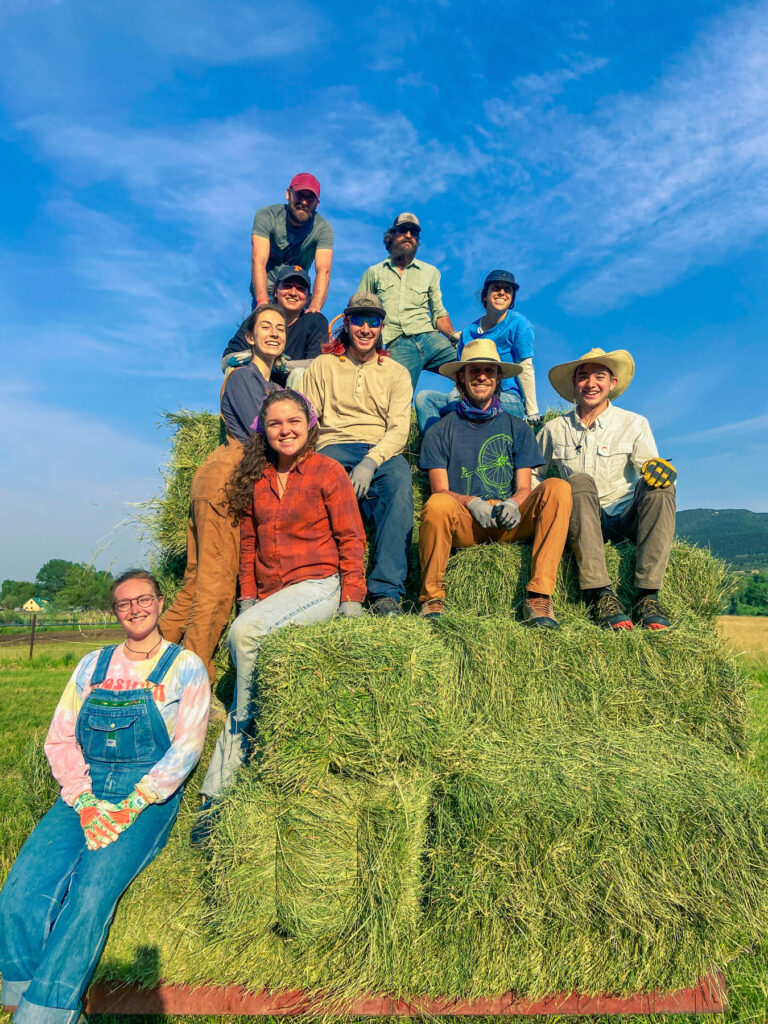
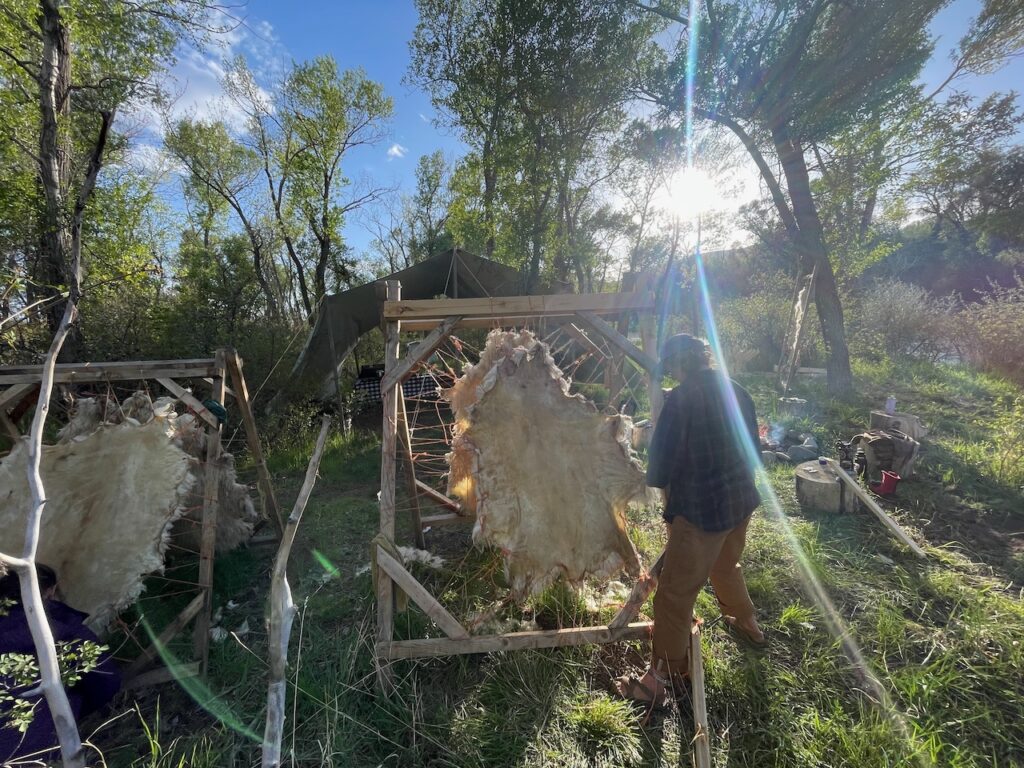
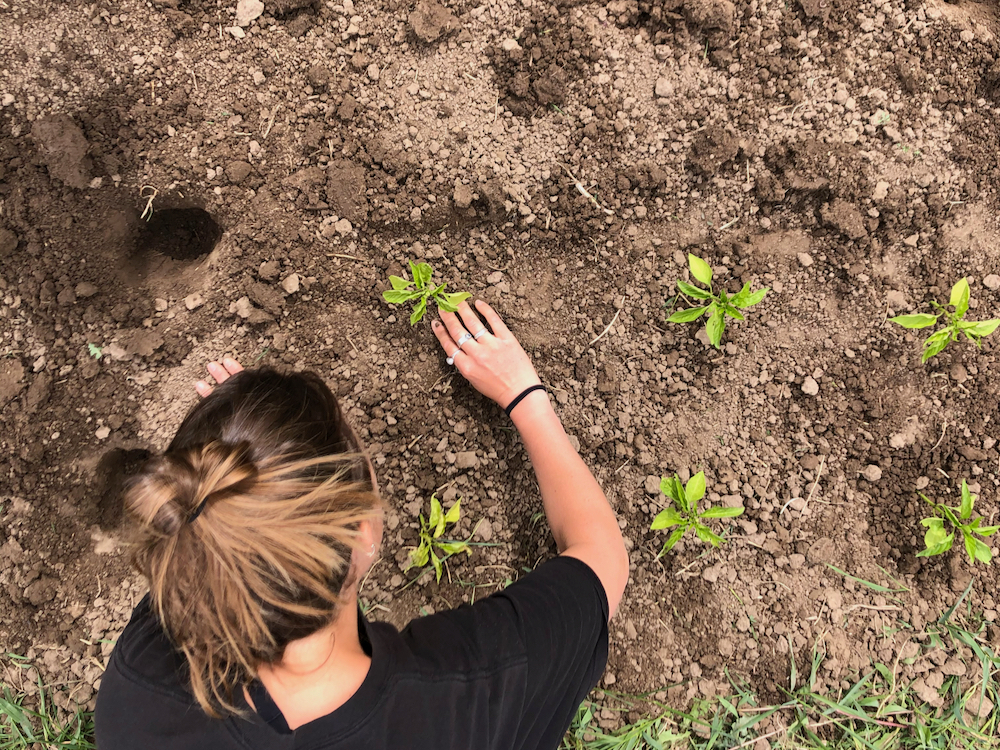
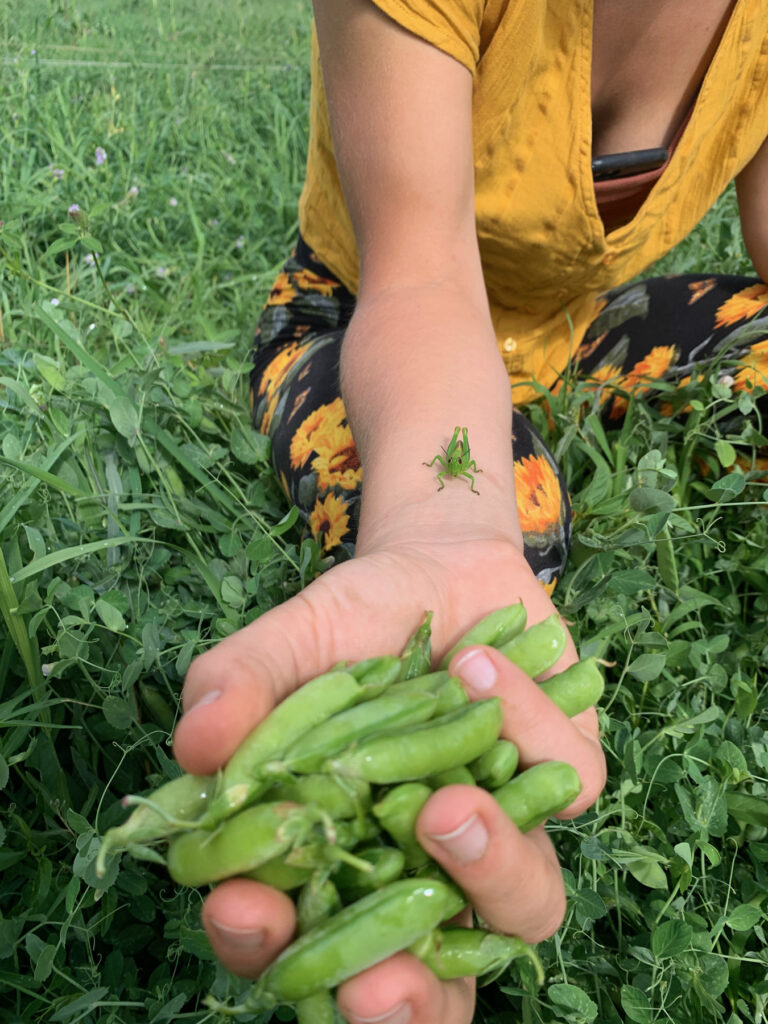
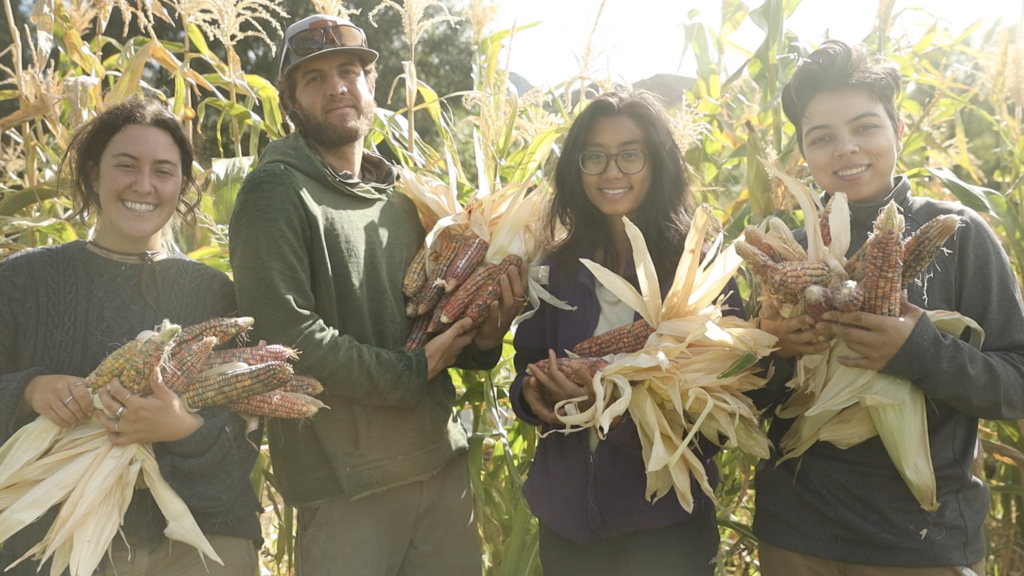
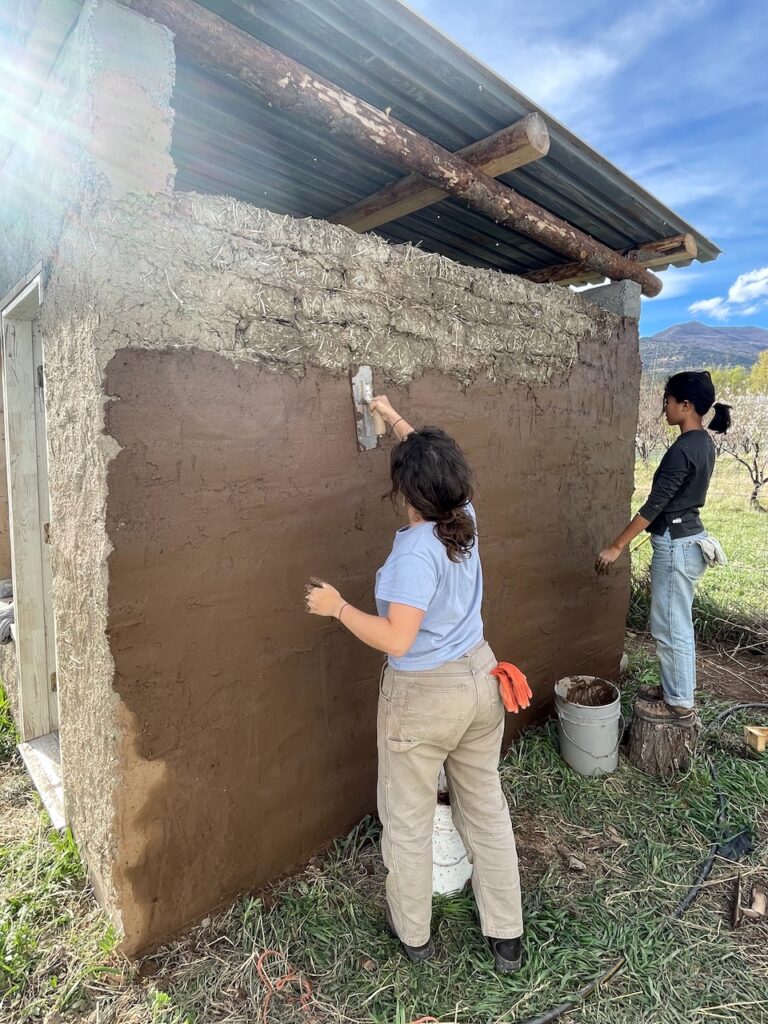
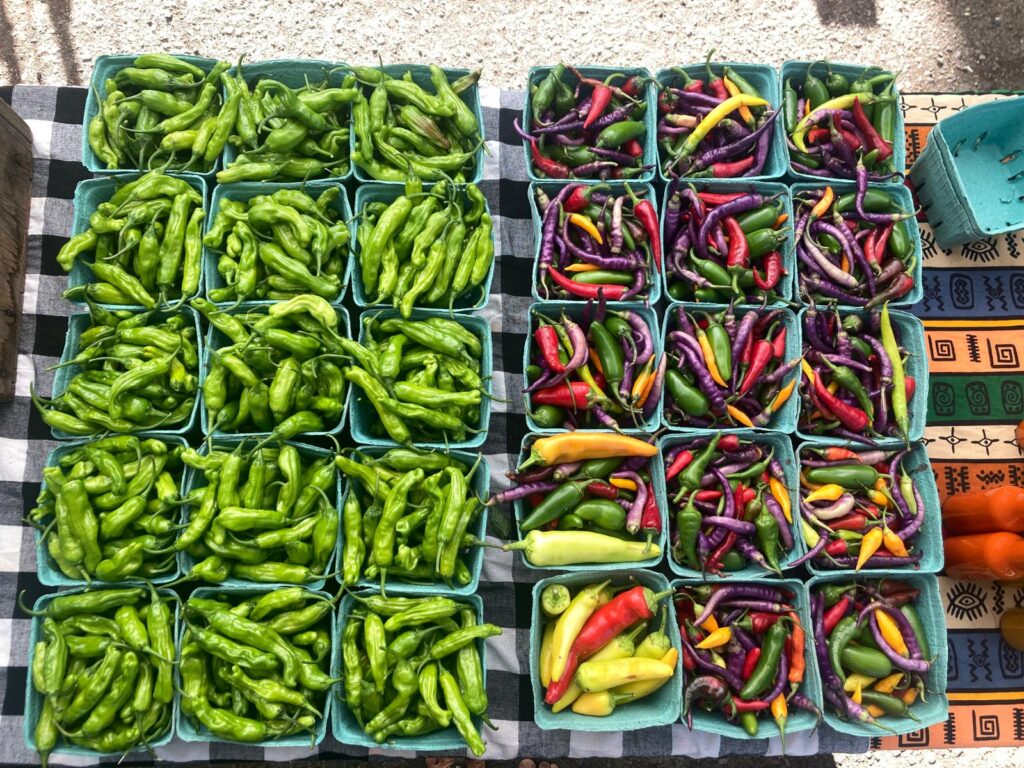
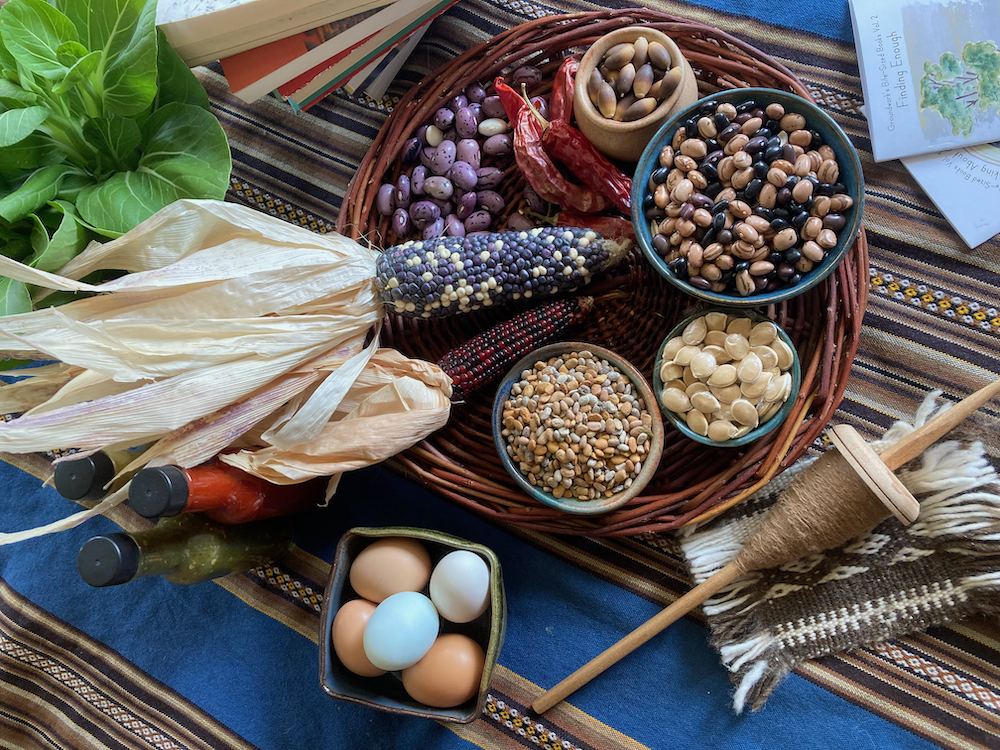
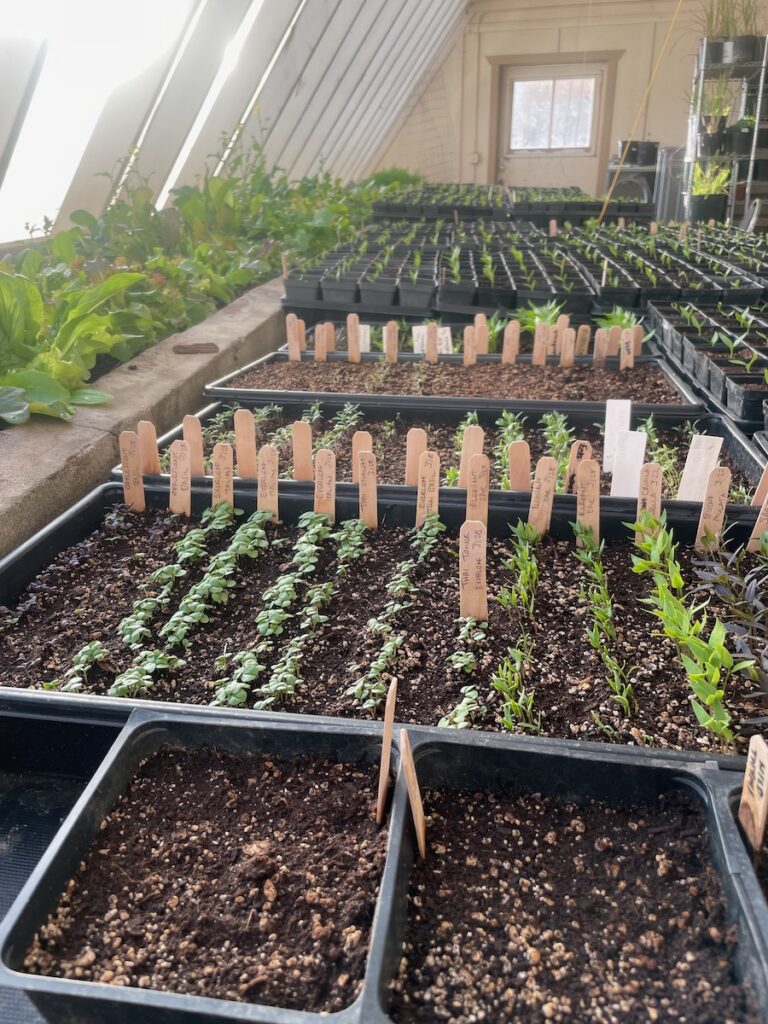
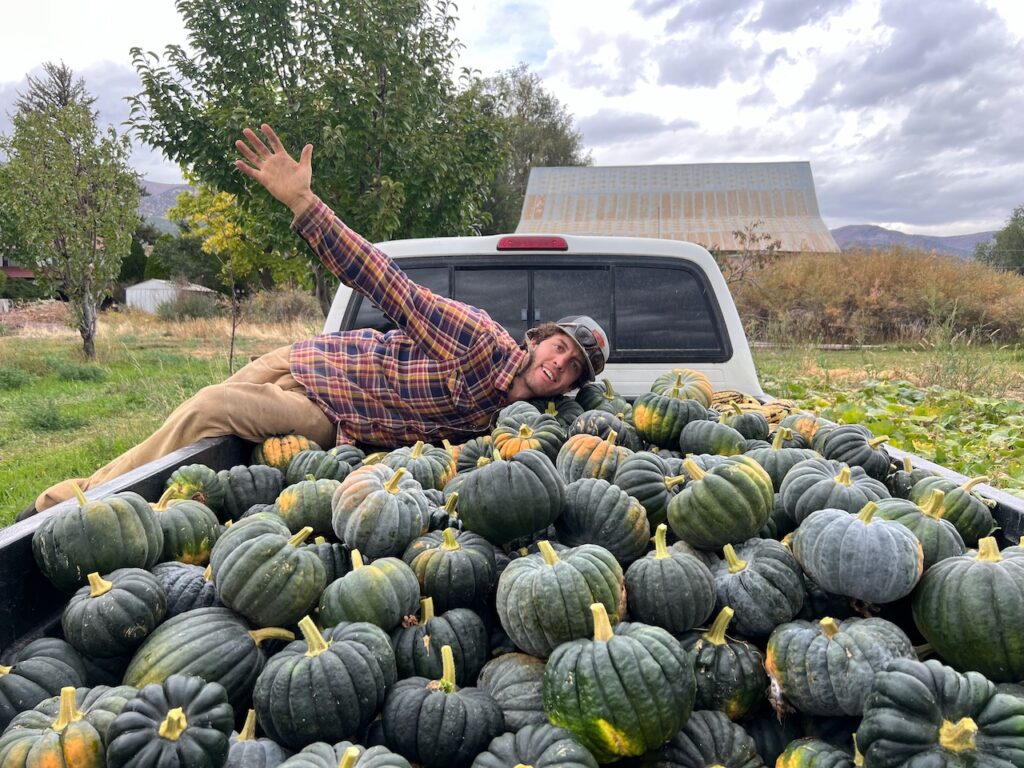
Program Details
Structure
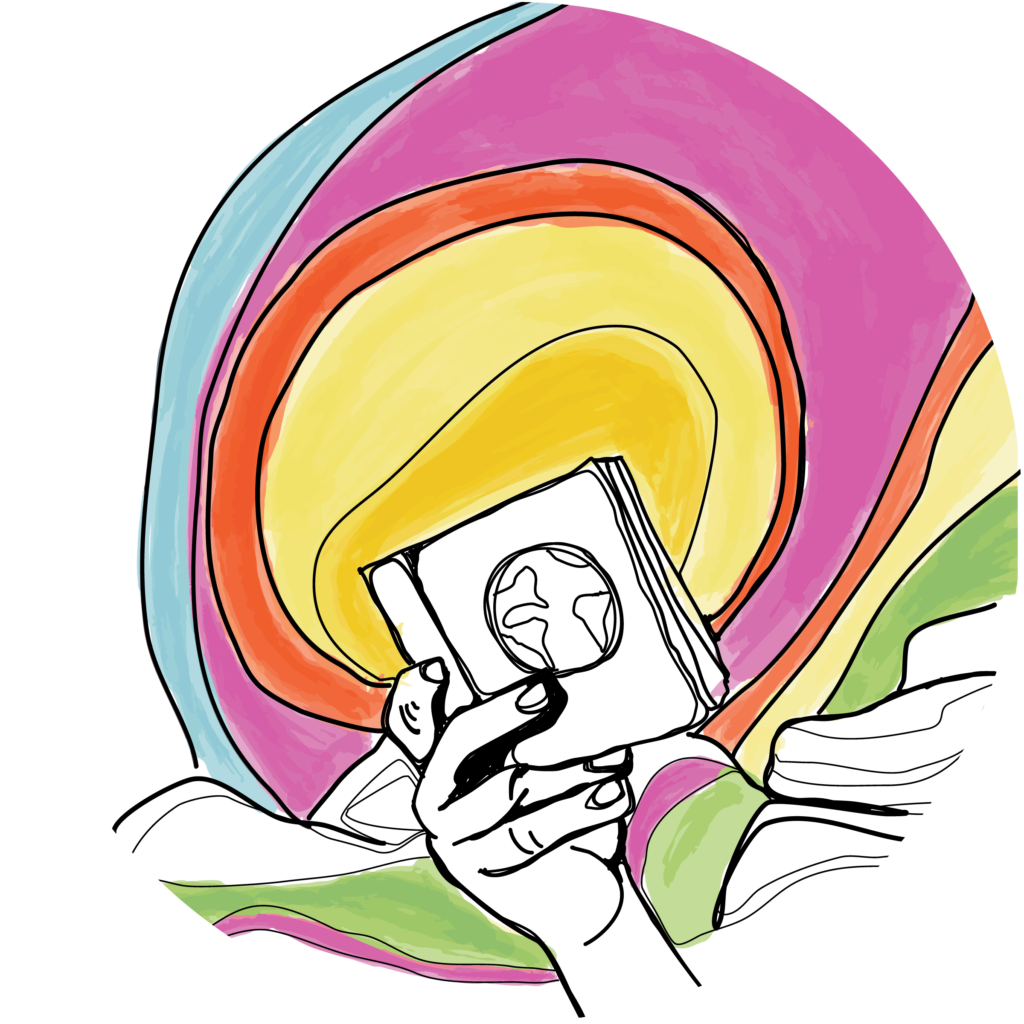
The fellowship balances 5 core pieces:
- Hands-on experience in food systems: learn to run an organic seed & vegetable farm
- Seminars on regional and global environmental topics
- Citizenship of place: Engage with place on personal & political levels
- Traditional lifeways: Land-based crafts, food preservation
- Alternative living: Seasonal rhythms, communal life
Focus & Curriculum
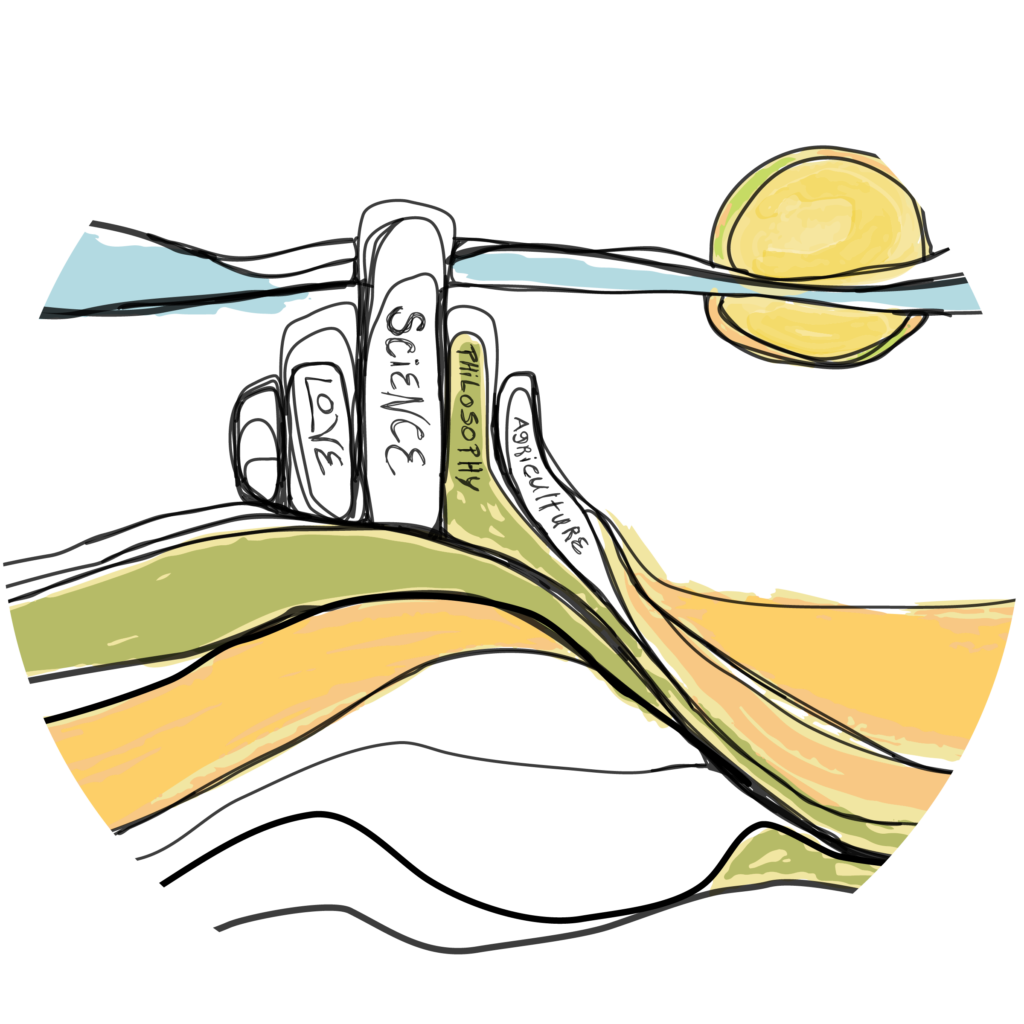
This fellowship includes investigation into the leading thinkers focusing on the issues we address. Against the backdrop of hands-on work with the land, readings and discussions focus on these areas:
- Seed, Soil, and Story: Imagining A Time Beyond Our Own
- Modernity vs. Integration: Barriers to Ecological Thinking
- Structural Power in the American West: Settler Colonialism, Water, & Public Lands
Skills
We believe in young leaders. That’s why our fellowship focuses on building skills and context. Whether tending a small farm, understanding complex environmental laws, or organizing for positive change, we know that just because you haven’t done it before doesn’t mean you can’t be a pro in a few months. By the end of the fellowship, you can expect to have the skills to be a well-rounded and effective agent for the change you want to bring to the world. For more on the tangible outcomes of the fellowship, click below.
Who are our fellows?
This fellowship is for anyone wanting to expand their classroom knowledge to real life skill-building and practical experience in sustainable culture, farming, community building, and environmental leadership. Some fellows come with prior experience with food systems and related areas while others may not, but all of our fellows have the desire to create meaningful and positive change for a sustainable future. Fellows are open to challenge and ready to commit themselves to learning deeply about the land, and about themselves. We designed this fellowship to offer what we would have wanted when we were younger. Most of us at Groundwork share a common experience: in our early 20’s, we had received degrees in environmental science and worked in environmental fields, but we still had the sense that nobody in our society really had a vision for a sustainable path forward. We believe that the right space offering mentorship, resources, and a well-rounded structure will help young people claim the power to shift our society.
Still Have Questions?
If you have questions about anything related to the fellowship, please give us a call or email before applying. We love talking with prospective fellows.
Phone: 720-326-9139
Email: info@layinggroundwork.org (or use our contact form)
